Heart Scan
Healthy Heart, Healthy You
Heart Scan; Insight into Cardiac Health
A heart scan, or electron beam tomography, is a diagnostic technique for early detection of cardiovascular diseases by undergoing a calcium score test.
The human heart is a fascinating organ that has captivated researchers and medical technologists. With the increase in the occurrence of cardiovascular diseases, it is crucial to keep monitoring the heart’s health. Early detection can save you from potential health risks and empower you to maintain good health. A heart scan revealing a coronary calcium score can assist in diagnosing any plaque in coronary arteries.
Let’s explore the significance of the calcium score test by employing the non-invasive imaging technique of a heart scan by ViaScan of Las Colinas.
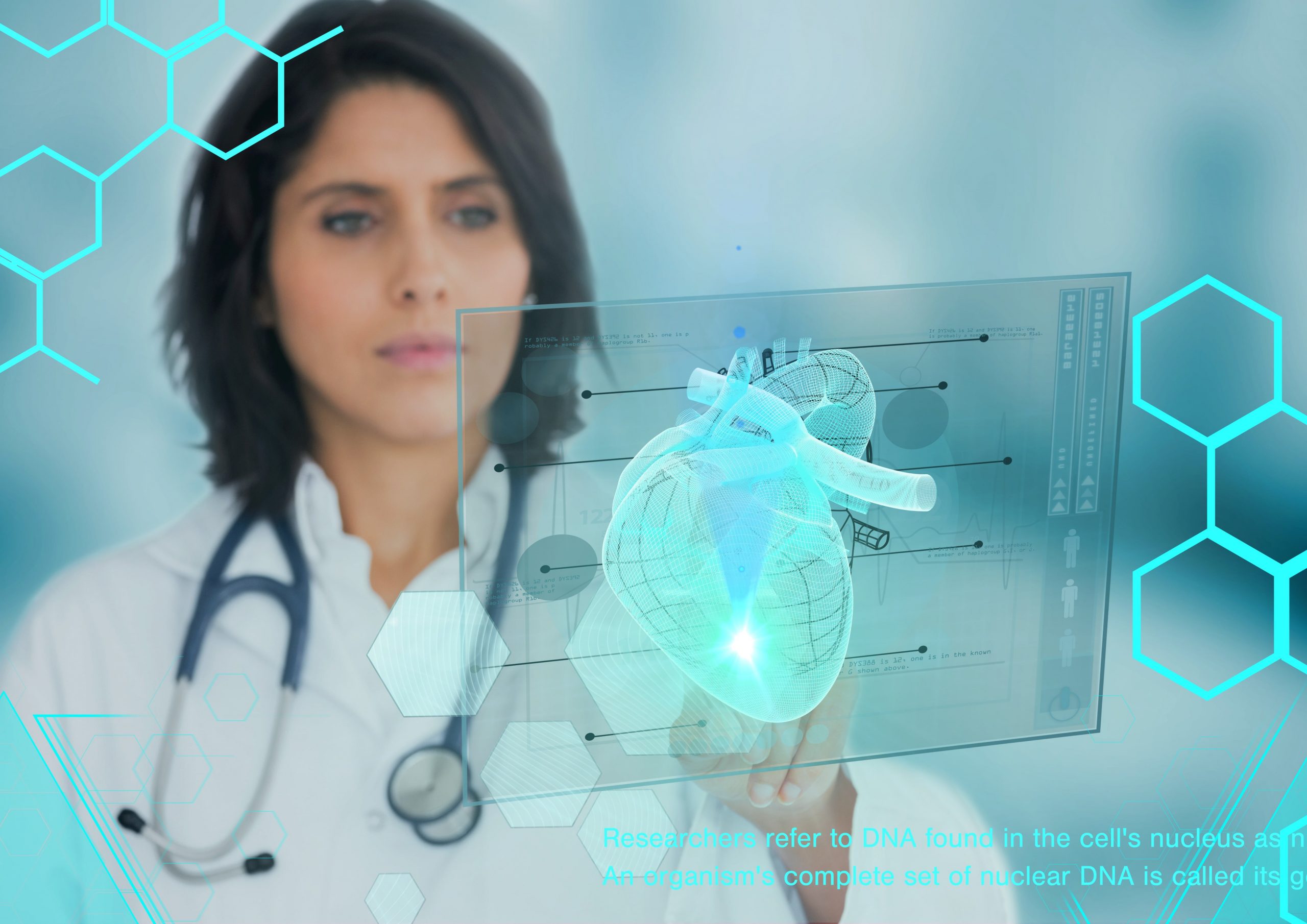
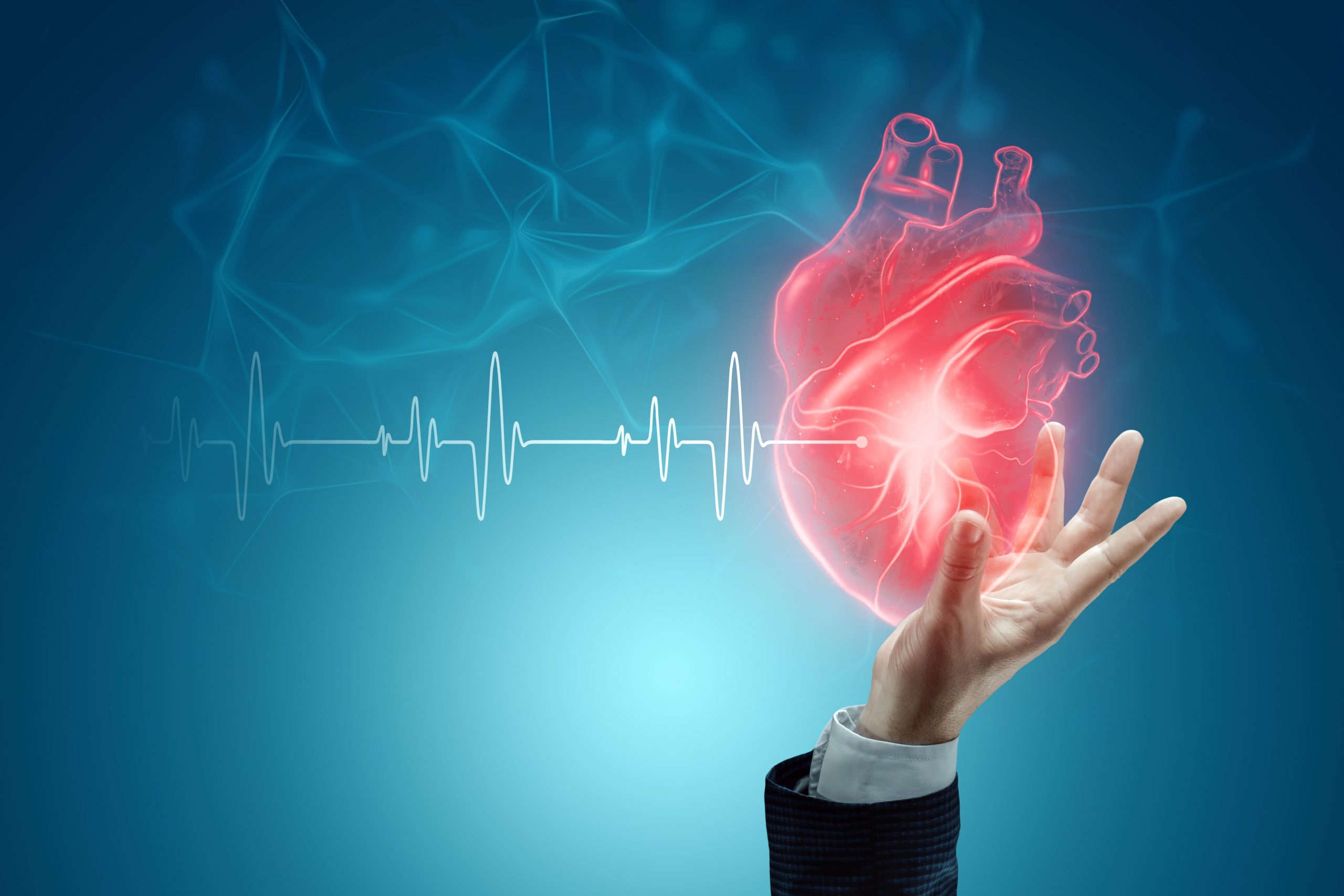
Understanding heart ct scan
These images are then evaluated to calculate the calcium score that will assist in the detection of calcified plaque in the coronary arteries. The calcium score will tell us how much calcium is deposited in the arteries. The higher the score, the greater the risk of potential arterial blockage. Look for a coronary calcium scan near me for a detailed heart scan and evaluate your heart health.
What is the calcium score test?
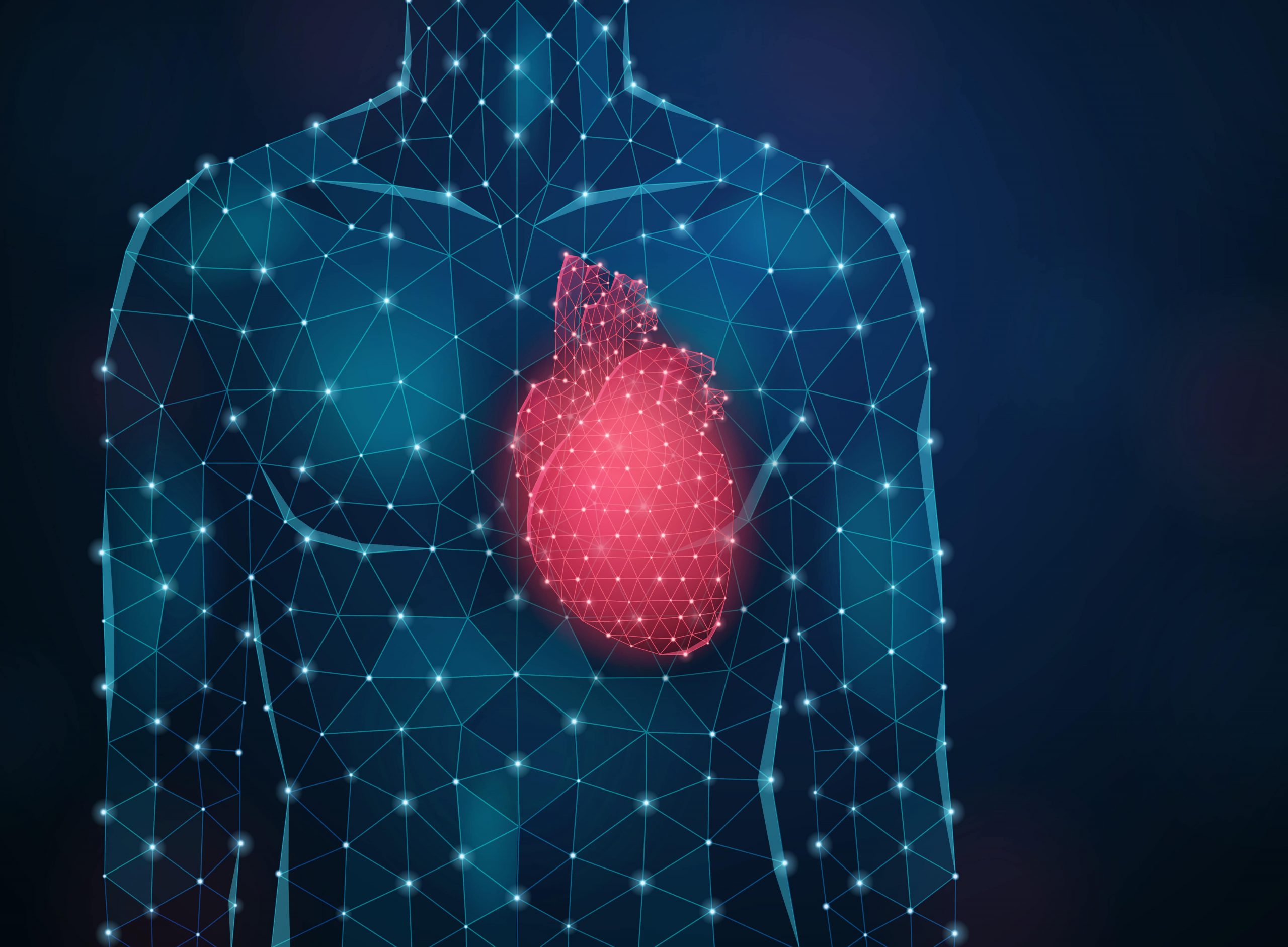
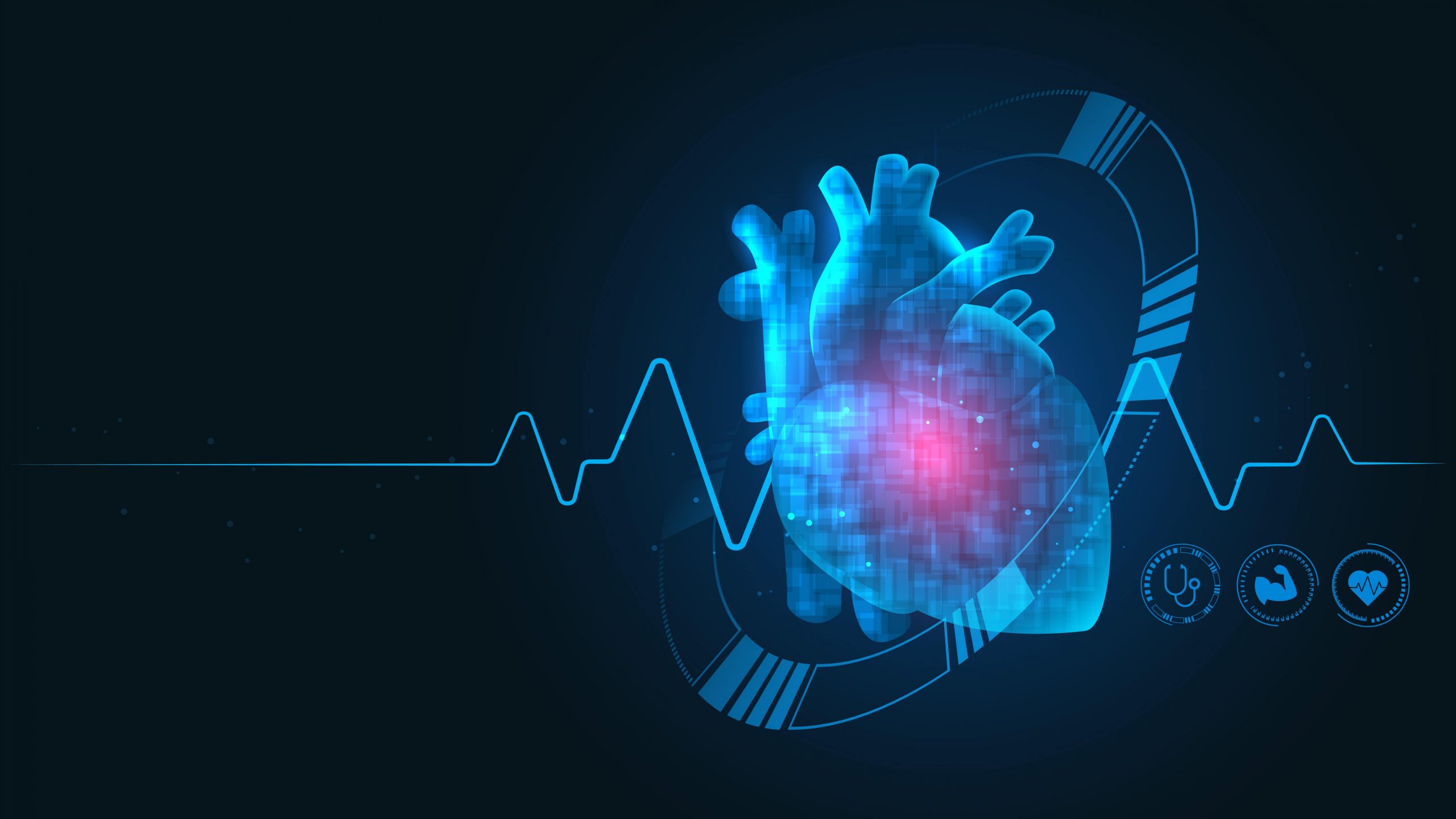
How is a heart calcium test performed?
1. As it is a non-invasive approach, there is no need for any specific preparation.
2. The patient will be asked to lie down on the table.
3. A CT scanner connected to the table will take multiple images from different angles.
4. Computerized algorithms to calculate the coronary calcium score.
5. Radiologists will evaluate and interpret the cardiac calcium score.
How to interpret calcium score results?
1. Calcium score = 0, which shows no calcium deposition.
2. Calcium score = 1-10, traces of deposited calcium depict low risk.
3. Calcium score = 11-100, depicting a moderate risk of heart disease.
4. Calcium score = 101-400, which shows high deposition and potential arterial blockage.
5. Calcium score = above 400, depicting a higher risk of cardiovascular diseases.
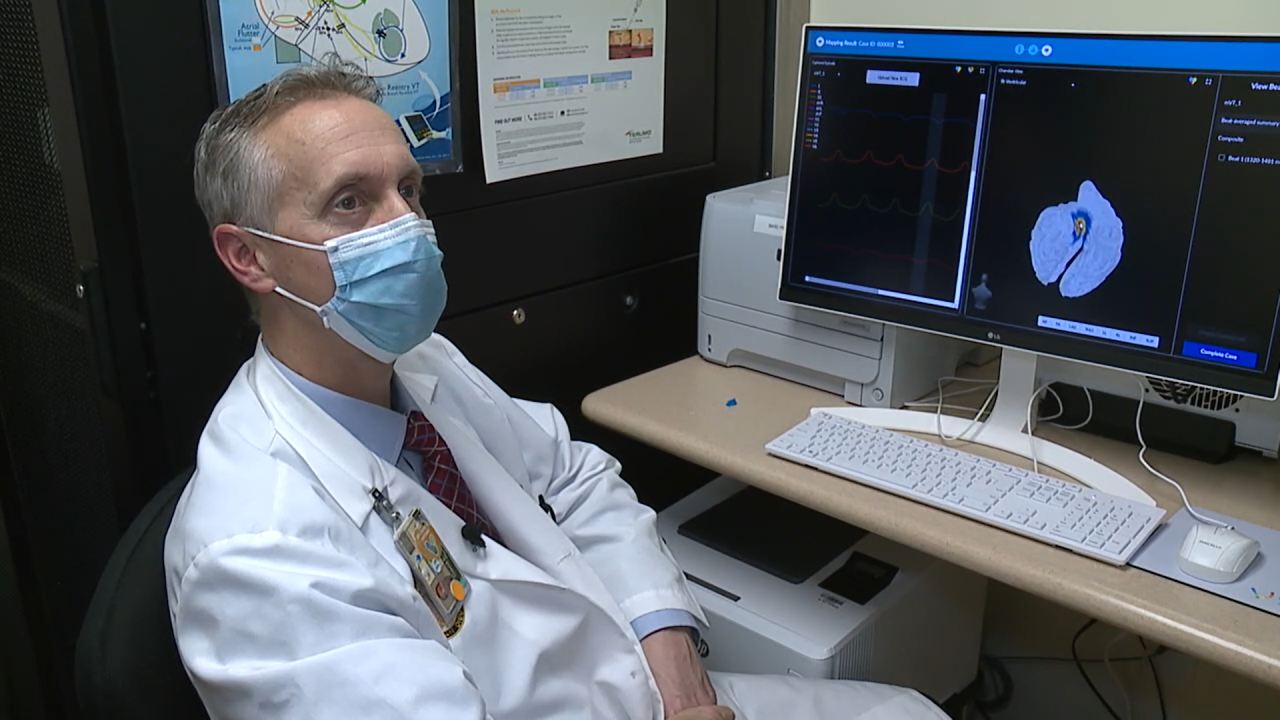
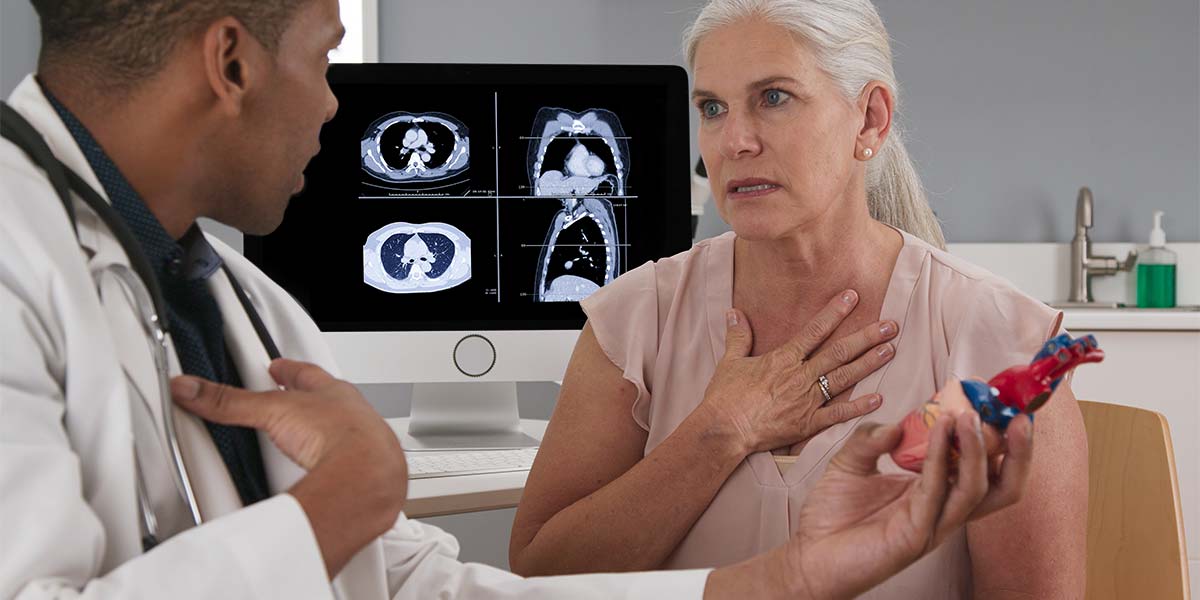
Significance of Cardiac Calcium Score
How much does a calcium score test cost?
Are you looking for a trustworthy lab that offers reliable calcium score tests via a heart scan? You can find us by searching for a coronary calcium scan near me. From detecting calcified plaque to calculating the coronary calcium score, ViaScan offers trustworthy services at an affordable cost.
To know more about the calcium test for heart cost, just visit our website, 123bodyscan, or schedule an appointment.

FAQs
- What is a heart scan?
- What is a calcium score test?
- What is a CT scan of the heart?
- Where can I get a heart scan?
- Where to get a heart scan near me?
- How long does a heart scan take?
- How to read a calcium score report?
- What is a coronary calcium score?
- How much does a calcium score test cost?
- How long does a heart CT scan take?
- What is the treatment for a high calcium score?
A heart scan is an imaging diagnostic approach to scanning and evaluating your cardiovascular health. This involves scanning and detecting any plaque in the coronary arteries by calculating the coronary calcium score.
A calcium score test is performed to evaluate the calcium deposition in the arteries. This test is employed for the early detection of cardiovascular diseases by evaluating the calcium score. The higher the calcium score, more will be the risk of potential arterial blockage.
A heart scan or electron beam tomography employs advanced computerized algorithms to generate cross-sectional images of coronary arteries. These algorithms assist in depicting the coronary calcium score to detect potential heart risks before they occur.
It is crucial to consult your healthcare provider before going for a heart scan. Your heart is a major concern, so always trust reliable heart scan service providers. You can get your heart scan done at ViaScan, which is equipped with advanced diagnostic tools.
ViaScan offers state-of-the-art heart scans at our conveniently located imaging centers.
From preparing and scanning to generating images and calculating the calcium score, a heart scan will take only 20 minutes.
A certified radiologist or your healthcare provider will assist you in interpreting the calcium score report.
A coronary calcium score is obtained after a calcium score test is performed. This coronary calcium score depicts the amount of calcium deposited in the coronary arteries. The higher the coronary calcium score, more will be the risk of cardiovascular disease.
Depending on the complexity of the issue, the cost of a calcium score test varies.
A heart CT scan takes only 20 minutes to complete.
A high calcium score indicates the presence of plaque in the coronary arteries. This can be treated by managing treatment options and monitoring the calcium score. Moreover, bypass surgeries and stents are also alternative options in cases of high cardiovascular risk.

